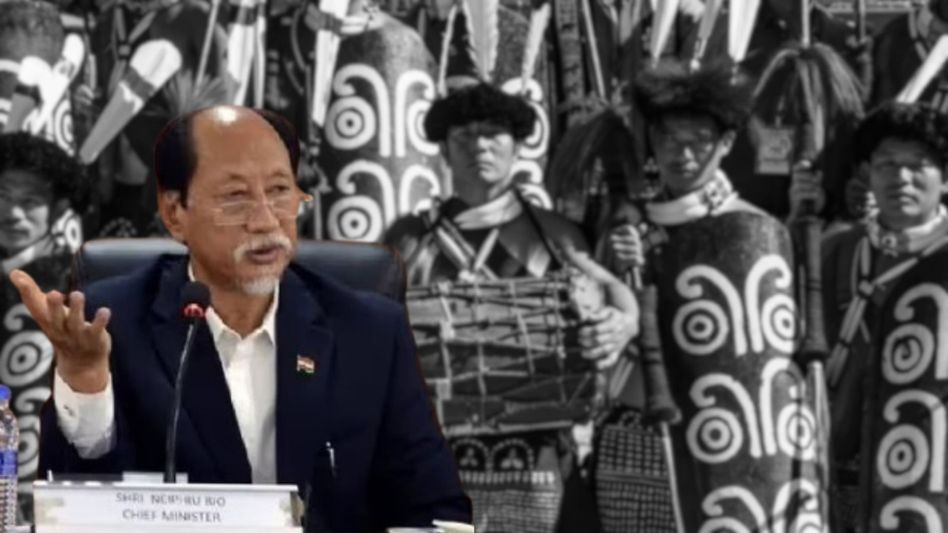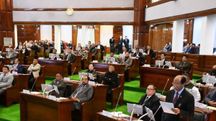Nagaland to review reservation policy amid mounting pressure from tribal groups
Nagaland Chief Minister Neiphiu Rio has urged the public to remain patient as the state government works toward forming a Commission to review the state’s longstanding job reservation policy.

Nagaland Chief Minister Neiphiu Rio has urged the public to remain patient as the state government works toward forming a Commission to review the state’s longstanding job reservation policy. Addressing reporters on Wednesday, Rio said the exercise would be “very detailed” and could not yield immediate results.
His comments come amid rising demands from the 5-Tribe Committee on Review of Reservation Policy (CORRP), which represents the Angami, Ao, Lotha, Rengma, and Sema tribes. The committee has criticised the government for delays despite a cabinet decision to set up a Commission.
“The government will look into it. We have to wait and see,” Rio said, responding to CORRP’s demand that civil society organisations (CSOs) and NGOs be excluded from the Commission to ensure neutrality and avoid conflicts of interest.
Rio also made it clear that any significant reform—whether related to job reservations, administrative changes, or constituency delimitations—should only be undertaken after the national census, expected in 2027. “We don't want to make temporary arrangements,” he said, indicating that a thorough and permanent solution is the goal.
CORRP had earlier submitted a memorandum to the government on September 20, 2024, followed by a 30-day ultimatum issued on April 26, 2025. The group accused the government of failing to act until a meeting was held on June 3, where Deputy Chief Minister Yanthungo Patton assured that a Commission would be constituted by June 17.
Despite this assurance, CORRP issued a statement expressing frustration. “There has been no substantive progress or official communication on our key demands,” the committee said. It reiterated its call for either scrapping the current reservation system or allocating the unreserved quota specifically to the five tribes it represents.
Public pressure has been growing, with peaceful rallies staged in Kohima and districts dominated by the five tribes. Protesters demanded a transparent and inclusive review process and expressed concerns that the reservation system, in place since 1977, is outdated and does not reflect the socio-economic realities of all communities.
Originally, Nagaland’s reservation policy provided 25 per cent quotas in non-technical and non-gazetted posts for seven tribes classified as ‘backward’ based on education and economic status. Over time, the quota expanded to 37 per cent—25 per cent for seven Eastern Nagaland Backward Tribes and 12 per cent for four other backward tribes.
Acknowledging “gaps in the current system,” Rio assured that reforms would be addressed “comprehensively and conclusively.”
CORRP has warned that if its concerns are not addressed transparently and within a reasonable time, it reserves the right to launch further democratic actions.
Copyright©2026 Living Media India Limited. For reprint rights: Syndications Today









